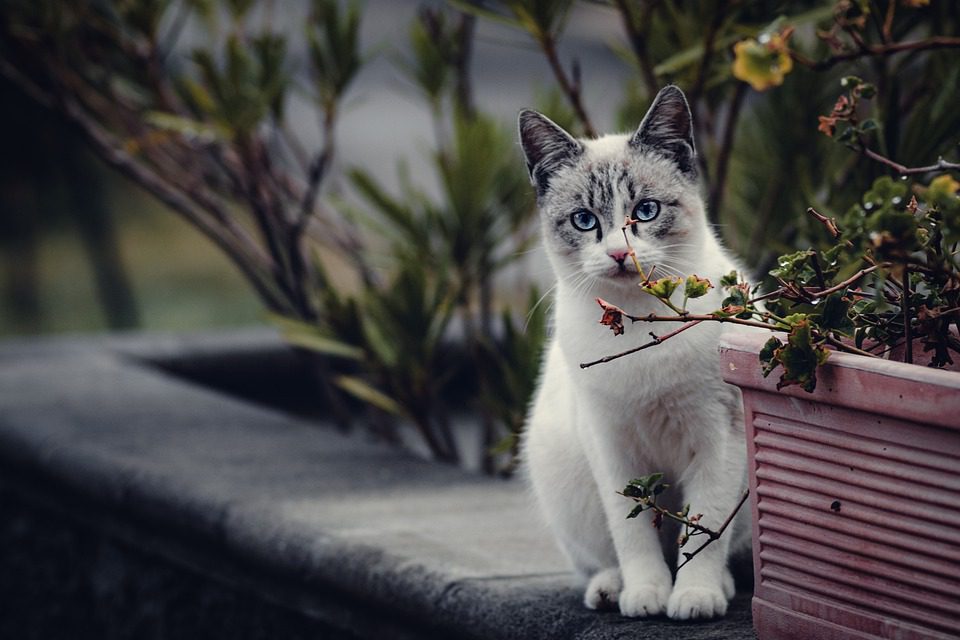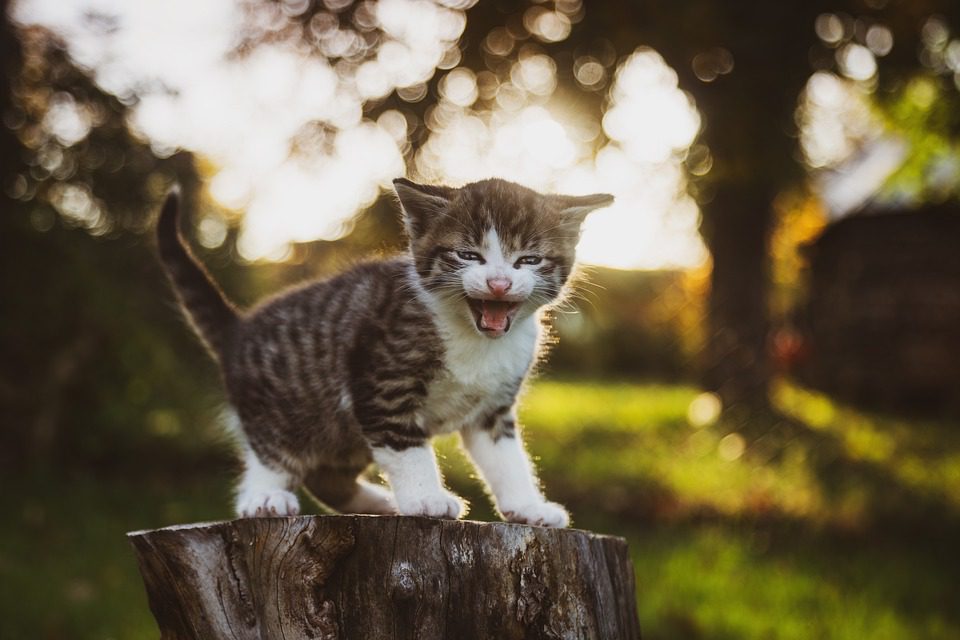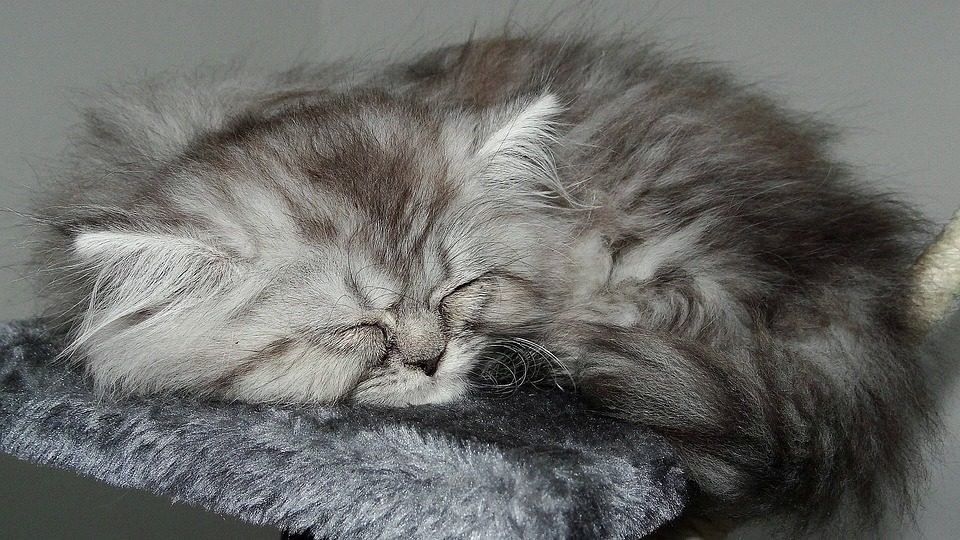Persian cats are one of the oldest and most popular breeds of cats, and their long and luxurious fur makes them a popular choice for cat owners. They are known for their sweet and gentle temperament, and their playful nature. But what is the lifespan of a Persian cat? This article will discuss the average life expectancy of this beautiful breed, as well as what factors can influence the life of a Persian cat. We will also discuss how to ensure your Persian cat lives a long and healthy life.
Introduction
Table of Contents
Persian cats are one of the oldest and most popular breeds of cats in the world. Persian cats are known for their long, beautiful coats, gentle nature, and sweet dispositions. While the exact origins of the Persian cat are unknown, it is believed to have originated in the Middle East, possibly in Persia (now Iran). Persian cats are a popular choice for pet owners looking for a loving, loyal companion. But how long do these cats typically live? What is the lifespan of a Persian cat?
Lifespan of a Persian Cat
The average lifespan of a Persian cat is between 12 and 17 years. However, some cats can live as long as 20 years with proper care and nutrition. The longevity of a cat is determined by its genetics as well as environmental factors. Cats with good genetics tend to be healthier and live longer than cats with poor genetics. In addition, cats that are provided with a healthy diet, regular veterinary care, and a stress-free environment are more likely to have a longer lifespan than those that do not receive such care.
Health Issues and Longevity
Persian cats are prone to certain health issues that can affect their longevity. The most common health problems associated with Persian cats include respiratory issues, eye problems, and skin conditions. Persian cats are also prone to obesity, which can lead to a shorter lifespan. If a Persian cat is overweight, it is important to put it on a healthy diet and exercise plan in order to help it reach a healthy weight.
In addition to health issues, Persian cats can suffer from genetic conditions that can shorten their lifespan. These include polycystic kidney disease, which is a common hereditary disorder in Persian cats. It is important to ask a veterinarian about any genetic health conditions before bringing a Persian cat home.
Caring for a Persian Cat
Providing proper care and nutrition is essential for the health and longevity of a Persian cat. This includes providing a nutritious diet, regular veterinary care, and a stress-free environment. Persian cats should also be groomed regularly to keep their fur healthy and free of debris. Additionally, it is important to provide plenty of playtime and socialization with other cats and humans to keep a Persian cat mentally and physically stimulated.
Conclusion
With proper care and nutrition, Persian cats can live a long and healthy life. The average lifespan of a Persian cat is between 12 and 17 years, but some cats can live up to 20 years with good care and nutrition. Persian cats are prone to certain health issues, including respiratory issues, eye problems, skin conditions, and obesity. It is important to provide a healthy diet, regular veterinary care, and plenty of playtime and socialization to ensure a long and healthy life for a Persian cat.
Common Myths about Persian Cat Lifespan
1. Myth: Persian cats have a shorter lifespan than other cats.
Fact: Persian cats typically have a lifespan of 12-16 years, which is on par with other cats.
2. Myth: Persian cats are always sickly and prone to health issues.
Fact: While Persian cats may be more susceptible to certain illnesses, with the proper diet, exercise, and veterinary care, they can be healthy and enjoy a long life.
3. Myth: Persian cats require special care.
Fact: Persian cats may require more brushing and grooming than other breeds, but they can be cared for like any other pet with regular feeding, exercise, and veterinary visits.
Frequently Asked Questions
What is the lifespan of a Persian cat?
Answer: The average lifespan of a Persian cat is between 10 and 17 years.
What factors can affect the lifespan of a Persian cat?
Answer: Factors such as diet, exercise, health, and genetics can all affect the lifespan of a Persian cat. Providing your cat with a healthy diet, regular exercise, and regular vet visits can help ensure they live a long and healthy life.
Conclusion
. Persian cats are a popular choice for pet owners due to their long, beautiful coats, gentle nature, and sweet dispositions. With proper care, nutrition, and exercise, these cats can live up to 20 years. It is important to ask a veterinarian about any genetic health conditions before bringing a Persian cat home, and to provide a nutritious diet, regular veterinary care, and a stress-free environment. Additionally, cats should be groomed regularly and provided with plenty of playtime and socialization with other cats and humans.





